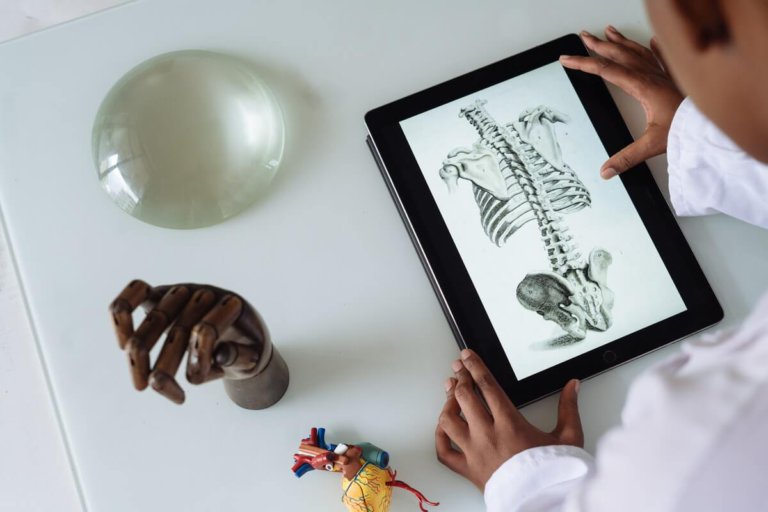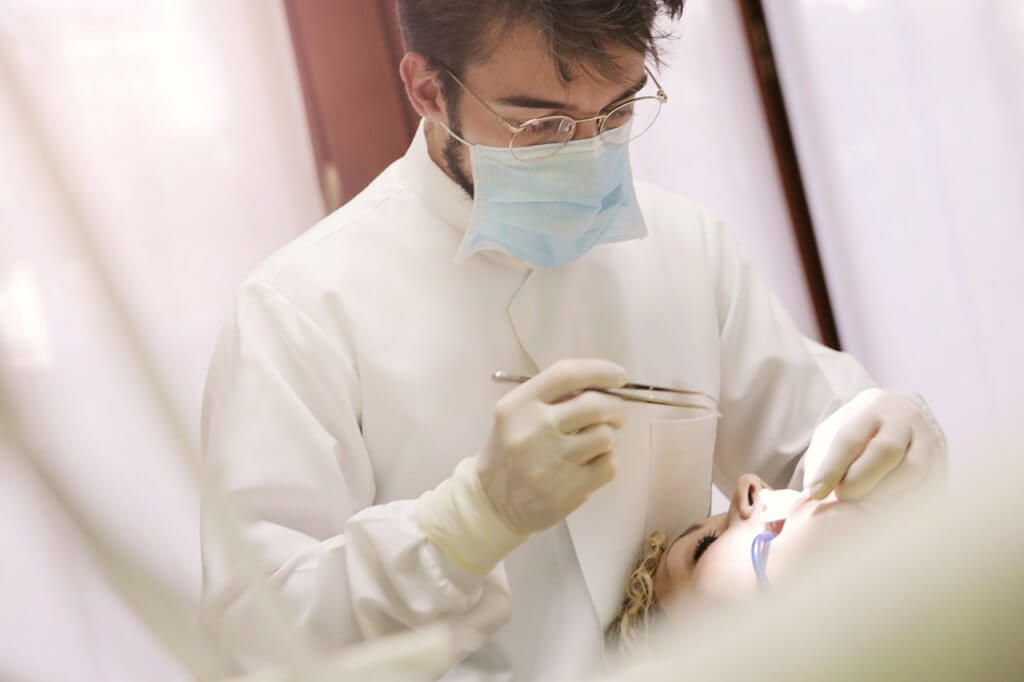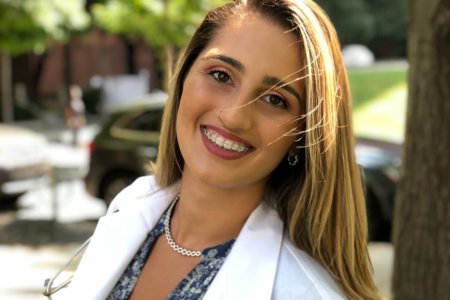
Applying to medical school in the US is an investment of time, money, and energy, especially if you’re an international student. It’s easy to get overwhelmed by all the information out there, which is why current foreign medical students in the US have come together to form F-1 Doctors. This volunteer organisation offers free advice and mentorship for med school hopefuls, from start to end of their application process.
The mentors are ready to help at any stage of your application. Through personal experience, they have realised the importance of building and nourishing a strong support system of friends and family, as well as being patient with yourself. Their advice is simple: Believe in yourself, do your research, make a plan and apply when you’re ready!
Where do I begin?
As an international student, you will face restrictions in terms of where you can apply, and the financing options available. Thankfully, the good folks over at F-1 Doctors have compiled their research on these in an easy-to-access sheet here. Check them out here and discuss options with your parents or sponsors.
The first step is to hatch an application gameplan. Put time aside to complete your applications; it is common to write up to 30 short essays for applications to several schools. You must also have money to finance the application process, which should cover travel and lodging if you’re doing face-to-face interviews.
F-1 Doctors have compiled comprehensive resources for application to medical school in the US on the official website. Look here before you go any further.

There are several steps to your med school application; create a checklist and start planning early. Source: Artem Podrez/Pexels
What do I need to apply for medical school in the US?
To apply for medical school in the US, you must first have a bachelor’s degree. You must also have completed pre-medical courses at an accredited university, either during your undergraduate studies or in a post-bachelor’s programme. Additionally, you should have Medical College Admission Test (MCAT) qualification, along with three to five letters or recommendations from both science and non-science professors and research mentors.
Next, you need to apply to the American Medical College Application Service (AMCAS). What do you need? A solid personal statement, and details of your activities and coursework up to that point. AMCAS applications for fall 2021 opens in late spring, and can be submitted as early as May 30. Only then so schools shortlist their applicants; selected applicants will fill in a secondary application with school-specific prompts. If successful, you will be invited to an interview in the late fall and winter.
Here’s an insider tip: In the US, it is very common for applicants to have taken gap years between college and medical school. Many F-1 Doctors have taken time to work, do research, or go to graduate school for master’s degrees before applying.
How can I make my application stand out?
Advice from those who have done it before: turn your challenges into your strengths. Pro tip from F-1 Doctors: “International students face a lot of challenges throughout their journey of applying to medical school in the US, which make them particularly resilient, empathetic, and culturally competent. We advise all of our mentees to embrace their identities, and emphasize what they have to offer as international students throughout their application.”
While it’s important to follow your passion, it’s equally important to communicate how it influences you. When writing your personal statement, remember that the best narratives follow personal interests and are motivated by causes that resonate deeply with you, the applicant.

F-1 Doctors provides free mentorship for international applicants of the medical degree (MD), Doctor of Dental Medicine (DMD), or residency programmes in the US. Source: Andrea Piacquadio/Pexels
How do I get into an Ivy League school?
So you’re not the average overachiever; you’re aiming for Ivy League admission. When narrowing your choices, look for schools with a mission and values that align with yours. Your application should be cohesive; emphasise the harmony between your application materials and secondary essays. Research the school thoroughly and know its resources well, then consider how you would best use these resources to match your interests and skills.
When engaging with F-1 Doctors, talk to mentors who attend the schools you’re applying to. This will allow you to get a sense of the school’s teaching style, curriculum, and overall strengths. Last but not least, get excited, and show it! Being eager and curious about your educational and professional trajectory is the first step towards a fulfilling experience. Plus, it shows others just how invested you are in your medical career.










